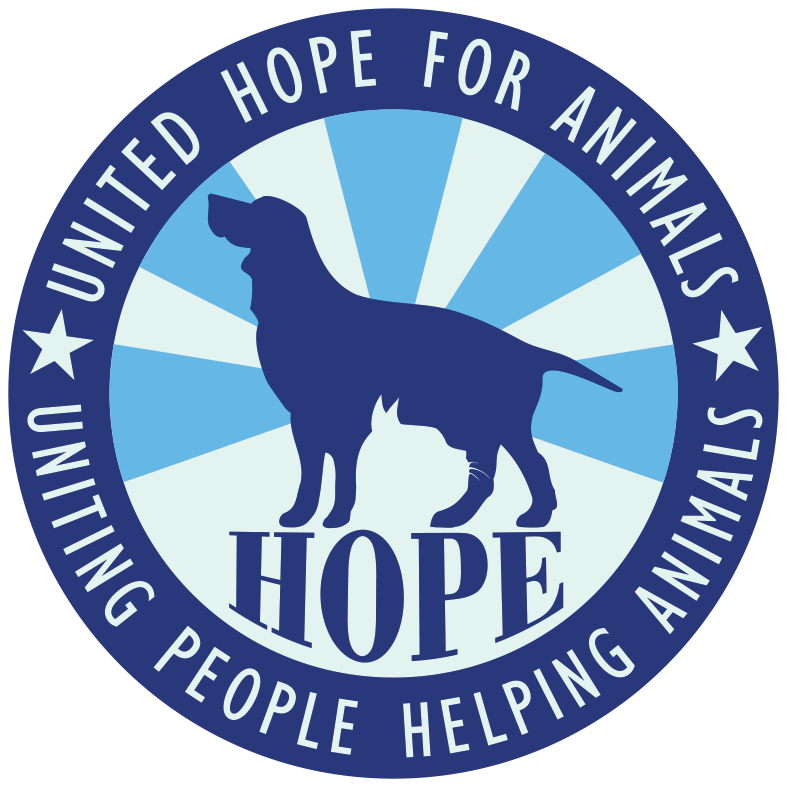
When United Hope for Animals started its Shelter Support Program at the Baldwin Park shelter a little over a year ago, our team of volunteers focused on the shelter’s dogs. With four buildings full of sheltered pups, whose barks and wagging tails greeted us the moment we set foot into one of the hardest-working shelters in Los Angeles, this was an obvious place to start.
In recent weeks, as we learned more about the plight of kitties at Baldwin Park (and in many other shelters around the Los Angeles area and beyond), we had to pay attention. According to recent reports in the media, kitties are on par with dogs in terms of popularity. By their very nature, kitties may seem like the less complicated pet —they don’t need to be walked, they don’t mind being alone, and they don’t bark and annoy the neighbors.
While kitties may be more “low maintenance,” they are arguably more sensitive than dogs to the stresses of a shelter environment. Though they are vaccinated when they arrive at the shelter, stress makes them vulnerable to disease, a problem that is compounded by high population and low rescue and adoption rates. Large feral cat populations create many calls for animal control offers to pick up kittens, especially in summer, a.k.a. “kitten season,” when many litters tend to be born. Moreover, while rescue groups commonly take in dogs from shelters, they often opt to rescue cats from other situations because the spread of disease in shelters tends to be swift and fatal, especially for kittens.
The sad reality faced by all shelters that do not turn away incoming animals is that space is limited, and room must be made for arriving kittens. If adoptions don’t keep pace with arrivals, animals who would otherwise make wonderful companions are “put to sleep.” UHA is looking at many options to improve the health of shelter kitties, and to increase their rates of rescue and adoption. (We don’t have exact numbers on shelter adoption rates yet, but some have said it is as low as 5-10%.)
To help combat the transmission of disease, we are seeking ways to support the shelter’s efforts to keep the cattery as clean as possible, starting with making it really easy for visitors to keep their hands clean. We would like to put up several antibacterial foam dispensers in the room, and provide signage to educate the public on how pathogens are spread from touching one cage after another (not just one kitty after another) without cleaning your hands in-between. We will also be exploring the possibility of using air purifiers that could help with scrubbing pathogens from the air with the help of extra oxygen. In addition, we are working to create a kitten foster program for healthy kittens.
Kittens will spend a week (the incubation period for the worst of the viruses, Penleukopenia) in an off-site quarantine location, our “kitty way-station,” to ensure they are healthy before being routed to foster homes, where they can be cared for until they are adopted through United Hope.
We are excited about these initiatives, and are seeking volunteers to join our cat and kitten team to help with fostering, adoption coordinating, and marketing individual kittens. If you are able to help in any way, please contact Amanda Wray at 626-605-3225, or donate to our Shelter Support Program.
